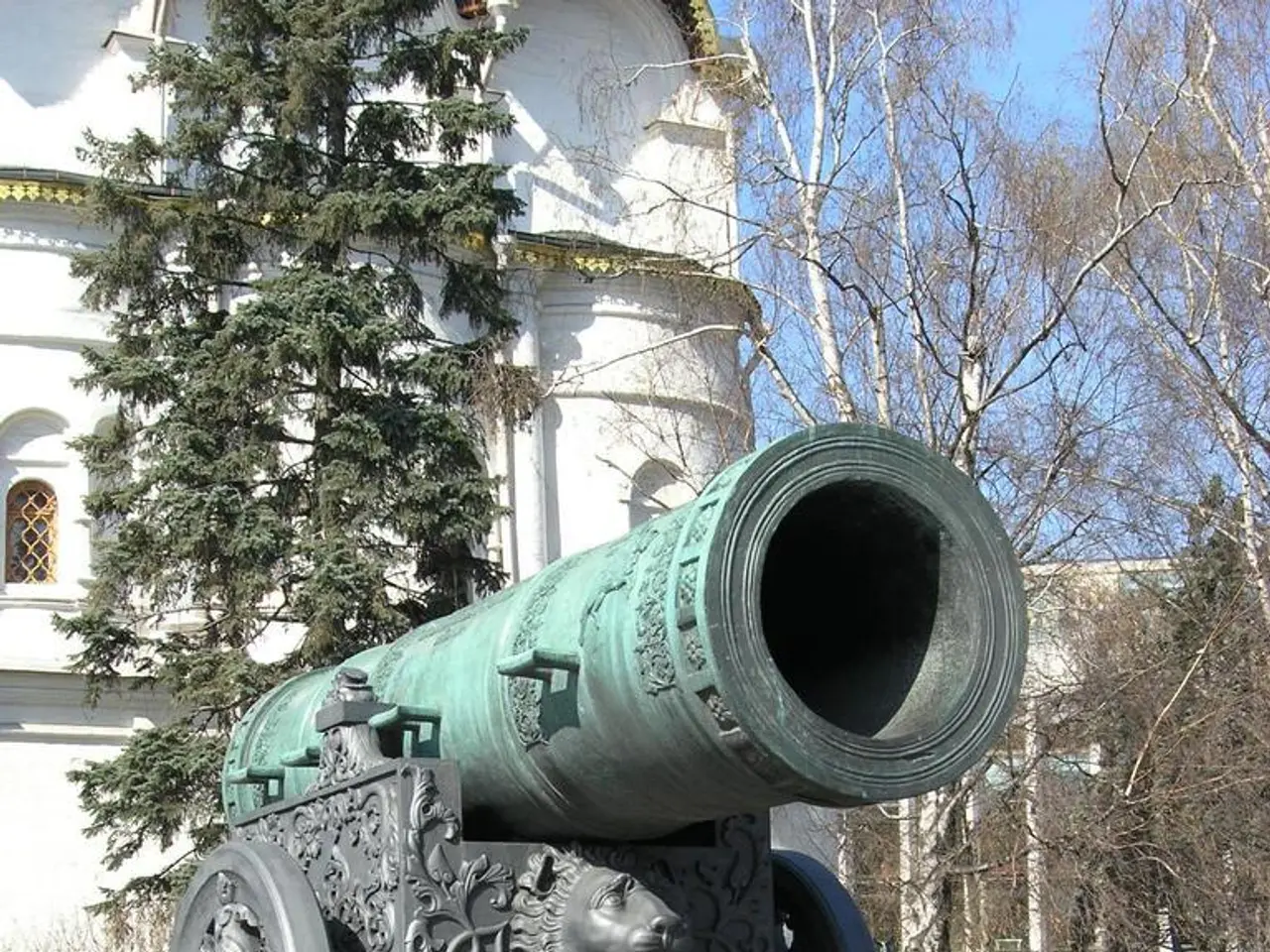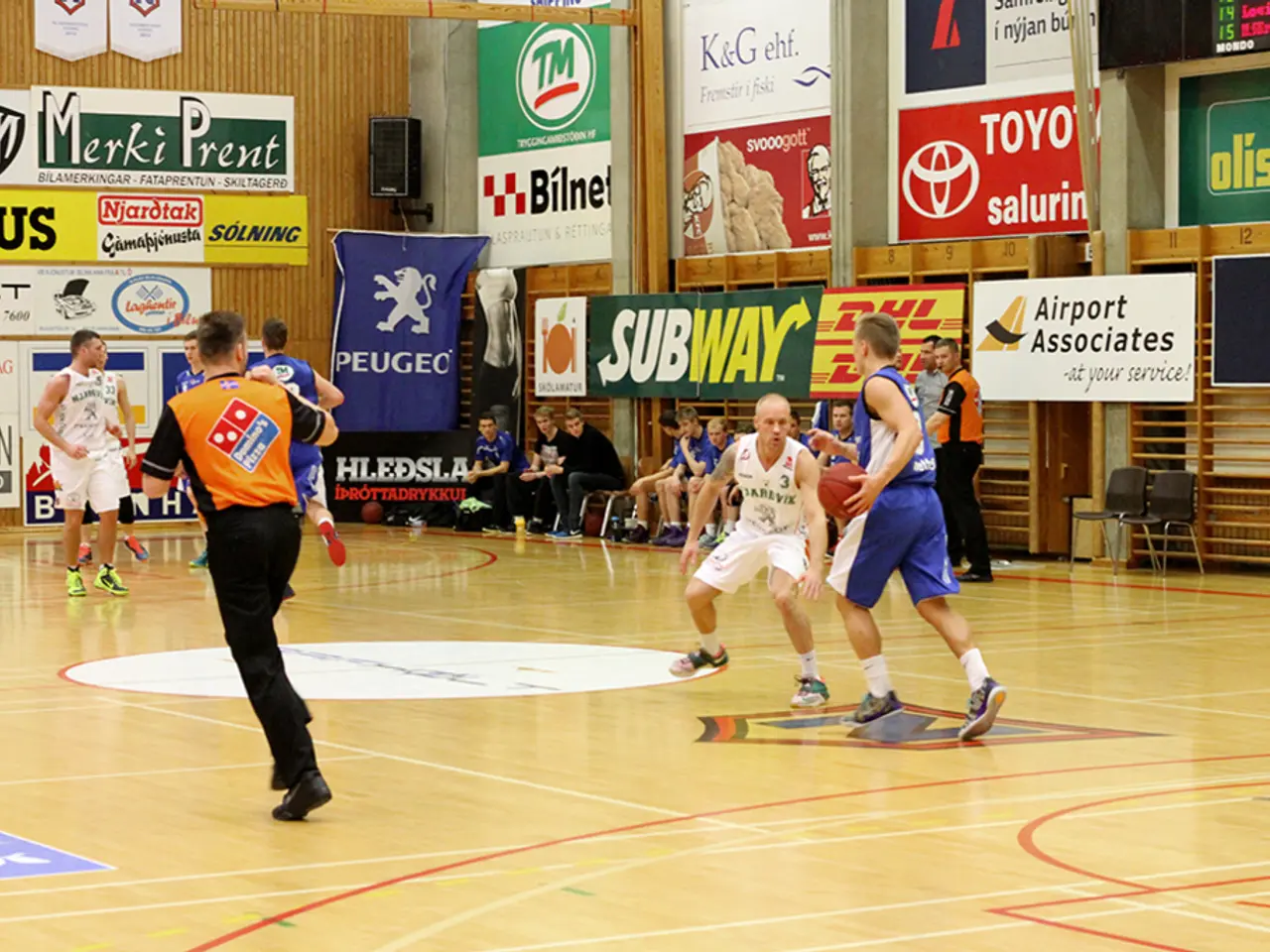Discordance in the Conservative Democratic Union between northern and southern factions
## CDU's Internal Divisions on AfD and Constitutional Judges
The Christian Democratic Union (CDU) is currently grappling with internal divisions, particularly on the issue of the far-right Alternative for Germany (AfD) party and the election of constitutional judges. These divisions are rooted in political strategy, public perception, ideological differences, and political maneuvering.
### Political Strategy
The CDU, under the leadership of Friedrich Merz and Jens Spahn, is navigating a delicate balance between courting conservative votes and distancing itself from the AfD. Merz's desire to make the AfD "as small as possible again" suggests a strategy to undermine the party's influence without openly supporting a ban. However, this approach can lead to internal conflicts, as some members advocate for a more decisive stance against the AfD.
### Public Perception
A ban on the AfD could have significant political implications, potentially alienating conservative voters who sympathise with some of the party's policies. This risk of reducing the CDU's voter base and facilitating a closer integration of the populist right makes it challenging for the CDU to maintain its centre-right position.
### Election of Constitutional Judges
#### Ideological Differences
The CDU's leadership has faced criticism for mishandling the nomination of constitutional judges, particularly jurist Frauke Brosius-Gersdorf, who advocates for policies that align with left-wing mainstream thinking, including support for banning the AfD. This stance is seen by some as contrary to conservative values.
#### Political Maneuvering
The Social Democratic Party's (SPD) efforts to nominate justices who support an AfD ban, including Brosius-Gersdorf, have been interpreted as a strategic move to stack the constitutional court in favour of banning the AfD. This situation highlights the CDU's internal struggle to navigate these political maneuvers while maintaining its core principles.
At the state and local level, some CDU politicians no longer see the AfD as pure competition, but as part of a potentially shared power constellation, and there is already isolated cooperation. The CDU is currently divided between moderate-liberal conservatism and radical-anti-liberal conservatism, with some members viewing the AfD as a potential ally in power constellations, while others see it as competition.
The AfD state parliamentary fraction in Lower Saxony attempted to stop defaming political opponents and refugees en masse, and denying that the democratic principle in Germany has been abolished. However, this commitment to moderate behaviour in parliament did not last long.
In conclusion, the CDU's internal divisions are driven by the complexities of managing political alliances, ideological differences within the party, and the strategic implications of engaging with or opposing the AfD. These factors are compounded by the challenges of nominating constitutional judges who align with the party's core values.
- The CDU's internal divisions on the AfD and the election of constitutional judges are rooted in policy-and-legislation debates, particularly regarding a potential ban on the AfD and the nomination of jurist Frauke Brosius-Gersdorf who advocates for such a ban.
- The political implications of a ban on the AfD are a matter of crime-and-justice concern, as the risk of reducing the CDU's conservative voter base and fostering a closer integration of the populist right creates tension in the politics of the CDU.
- In general-news, there have been reports of isolated cooperation between some CDU politicians and the AfD at the state and local level, which signifies a division within the CDU between moderate-liberal and radical-anti-liberal conservatism on the matter of engaging with the far-right party.






